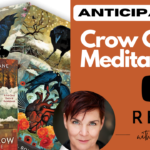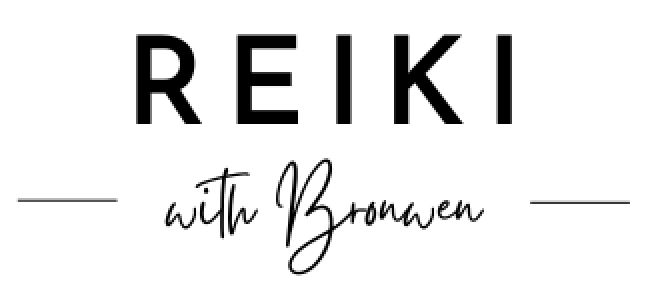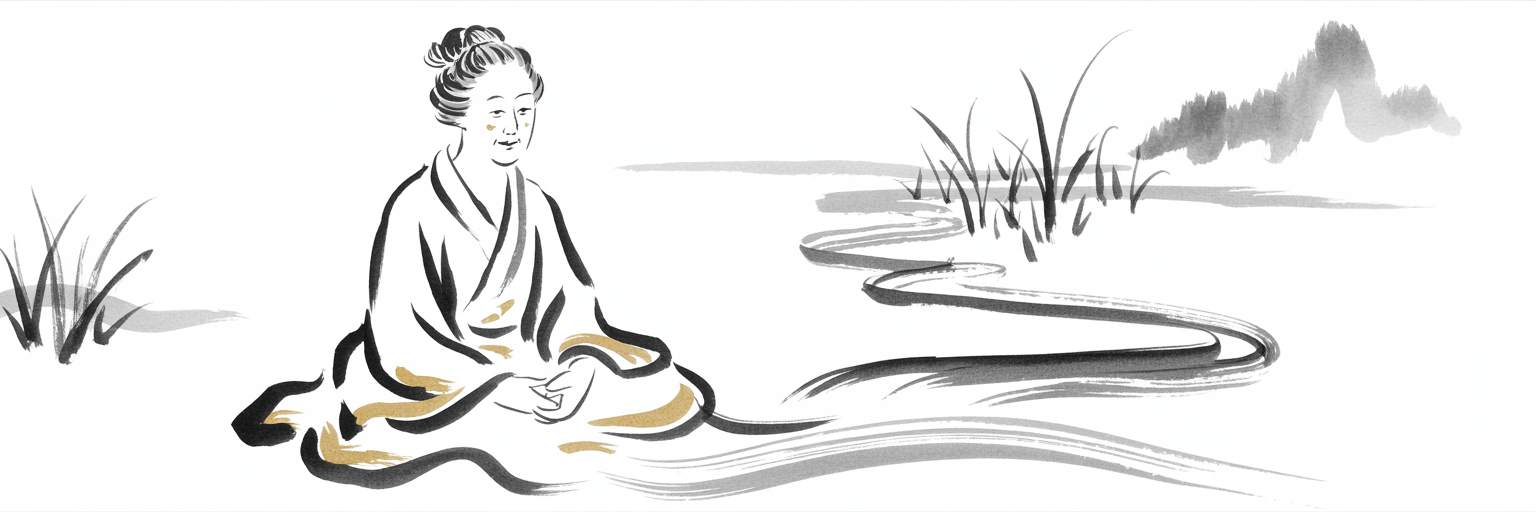
Reiki and Working with the Past with Reiki Women Podcast
November 27, 2023
Urban Crow Oracle Meditations: Card 14
December 3, 2023Trying to understand ourselves is an ongoing challenge. Why do we do the things we do, and feel the way we do? Many of us work with meditation, contemplation, journalling, research or reaching out to others in an effort to uncover who we really are. No matter what our practice of choice is, one of the human experiences that we all come across is fear.
Fear often dictates our actions, thoughts, and even our well-being. I wonder whether there isn’t an irrational fear as well as an rational fear. It might only be semantics, but fear can be in the mind, what we call an irrational fear, or it might be something very real, a rational fear. This latter fear might alert us to potential threats, encourage caution, and keep us in check.
The Messenger
In contemplating this, I find it helpful to personify fear, envisioning it as a messenger, no matter which of these two forms it takes. This messenger isn’t here to paralyse us but it is a friend that can offer insights and cautionary advice, asking us to pay attention and perhaps even to change course.
When we see fear as a messenger, it prompts us to question and understand the underlying reasons for our fears. Whether it’s an irrational fear stemming from old thoughts and beliefs, or a rational fear responding to actual external circumstances, each has something to tell us. For instance, irrational fears might point to past experiences or deep-seated beliefs that need addressing, while rational fears might highlight areas where we need to exercise caution or make changes in our lives.
How do we know what the messenger is telling us?
Chat
Neale Donald Walsch’s “Conversations with God” offers a profound insight into the power of introspective dialogue. In the quiet of the night, armed with nothing but paper and pen, Walsch engaged in a deep, reflective process, posing questions about life and then, remarkably, answering them himself. We can all do this. If we let go and let our inner self speak to us, we can find the answers to so many of our questions.
For example, you could ask: “Fear, my breathing is difficult, I feel paralysed, I can’t think straight and I’m sweating, what are you trying to tell me?
By framing your inner doubts and anxieties as a conversation, you create space for understanding and clarity. This form of reflective writing can be a powerful tool for self-discovery and emotional healing.
Listen
Just like any friendship, listening is key. Listen to what your fear is saying without immediately dismissing it. Understand that it has a message for you, even if that message is distorted by anxiety. By listening to what our fears are trying to communicate, we can make more informed decisions, understand our reactions better, and heal. This doesn’t necessarily make fear a comfortable experience, but it does make it a meaningful one.
Negotiate
If fear is protecting you from something genuinely dangerous, thank it for its vigilance and take appropriate action. However, if it’s an irrational fear, negotiate with it. Explain why you need to do the thing it’s warning you against and set boundaries. For example, “I hear you, fear, but I’m going to talk to my boss about the issues I’ve been having. I’ve prepared well, and it’s important for my mental health.”
Express Gratitude
Lastly, like any good friend, fear does deserve some gratitude for its protective role. Acknowledging its purpose creates a balanced relationship where fear serves you instead of ruling you.
Moving Forward
Making friends with fear doesn’t mean you’ll never feel afraid again, but it can mean that fear loses its paralysing grip over you. Instead, you’ll be able to listen to what it has to say, thank it for its input, and make your own decisions about the life you want to lead.






